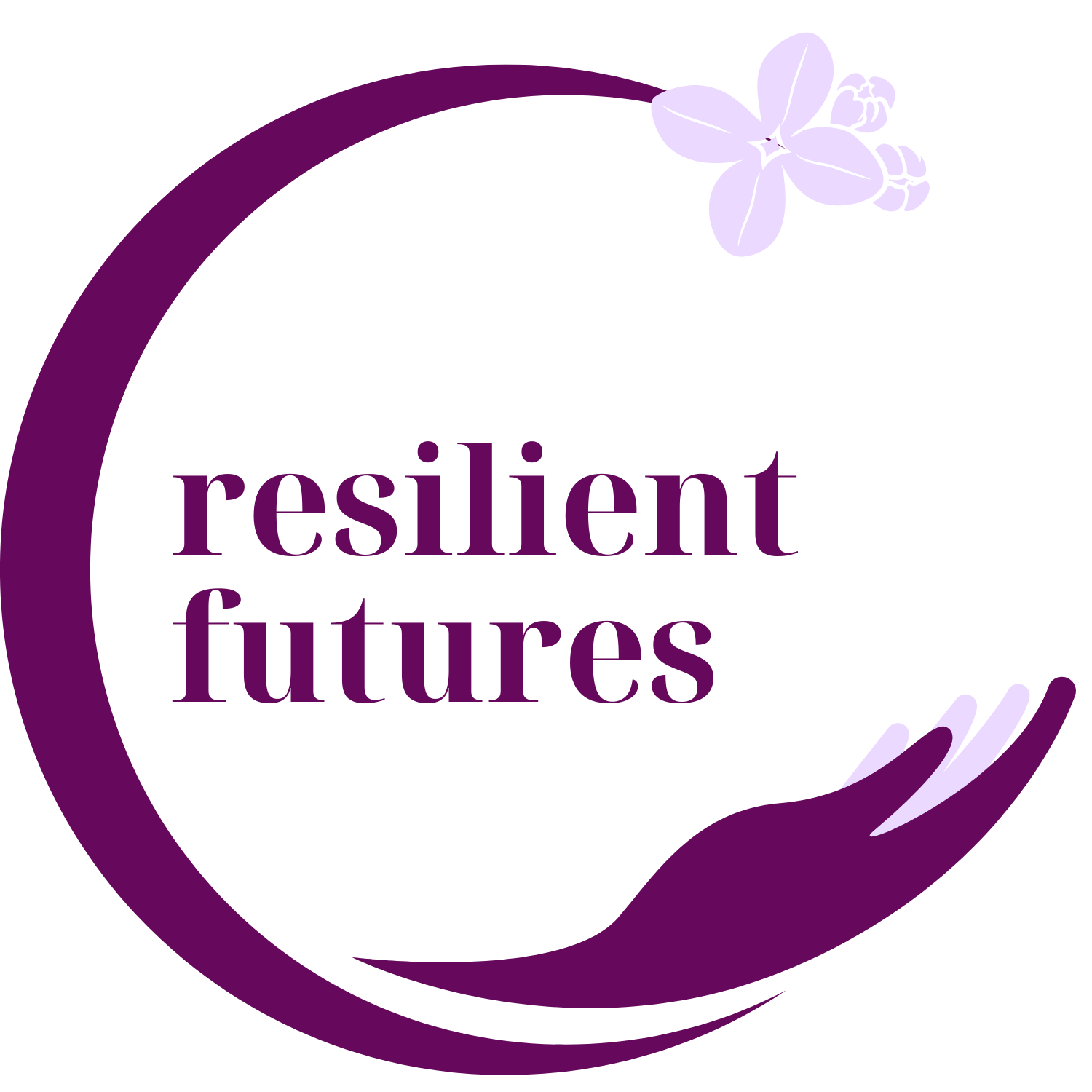
Prepare for a Trauma-Informed School Year: An Educator Guide
At Resilient Futures, we believe that creating a trauma-informed classroom is essential for fostering a safe and nurturing learning environment. Trauma-informed practices not only help support students who have experienced trauma but also create a more inclusive and understanding atmosphere for all students and Educators. Here’s our Educator Guide to proactively set yourself up for success.
The Role of Trauma-Informed Teachers in Modern Education
Discover how trauma-informed teachers create safe, nurturing environments for students affected by trauma. Learn the benefits of trauma-informed teaching and key strategies for fostering supportive, equitable learning spaces.
Transforming Public Education with Trauma Informed Schools
Trauma-informed schools recognize and address the impact of trauma on students. By training staff to understand trauma and offering trauma-informed frameworks & strategies, these schools foster safe and supportive learning and working environments for students and educators alike. This article will cover the core principles, practical steps for implementation, and benefits of adopting trauma-informed practices in schools.

Developing Trauma-Informed Teachers
An Educational Book Series from Resilient Futures
[July 2022] Co-edited by Resilient Futures founder Megan Brennan, this volume of the series Contemporary Perspectives on Developing Trauma-Informed Teachers provides reflections, examples, and implementation guidance for the innovative and important ways educators develop and implement trauma-informed practices across their programs, instituting broader curricular shifts to incorporate trauma-informed practices.
[January 2023] Co-edited by Resilient Futures founder Megan Brennan, this volume of the series was driven by a deep desire to ensure that teacher candidates are thoughtfully prepared to more fully address students’ needs and create classroom environments that are safe for students and teachers.
Childhood Trauma:
An event(s) that a child finds overwhelmingly distressing or emotionally painful, often resulting in lasting mental and physical effects.
Many think of trauma as a single life-changing event, but more commonly trauma manifests as a series of events or patterns of abusive or neglectful behaviors that compound over time.
Understanding Childhood Trauma
In the Press

Give to further our Mission
More than ever, our schools and youth-serving communities are in need of trauma-informed education, training, and resources. Your tax-deductible gift will directly fund our program expansion efforts, enabling us to provide trauma-informed training and resources to a greater number of educators, schools, and youth-serving organizations.
Interested in learning more about our Trauma-Informed Futures© Programming & Services?





